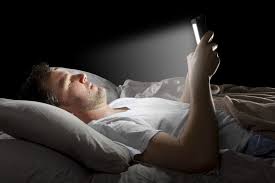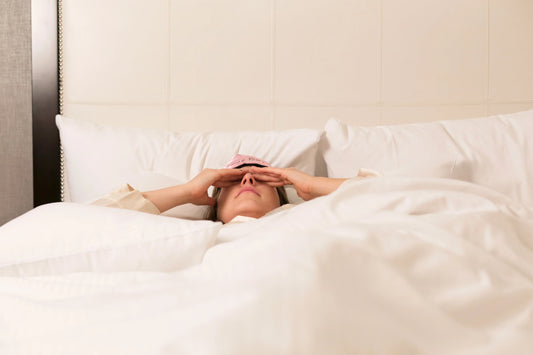In 2025, sleep is no longer just a necessity—it’s a crucial part of overall well-being, and people are making more informed choices about how they rest. With growing awareness of sleep’s impact on health, evolving technology, and changing lifestyle habits, our approach to sleep is shifting in new and interesting ways. Here’s a deep dive into the key changes shaping sleep habits this year and the factors influencing them.
1. Increased Awareness of Sleep’s Role in Overall Health
More people are recognizing the importance of sleep and prioritizing it as much as diet and exercise. Research linking poor sleep to chronic illnesses such as heart disease, obesity, and mental health disorders has encouraged individuals to:
-
Track sleep patterns using wearables and mobile apps. (Look into effects of wearable sleep trackers and how they may disrupt sleep)
-
Seek professional help for sleep disorders, including insomnia and sleep apnea.
-
Invest in high-quality sleep accessories like Sleep Artisan pillows and cooling mattresses to enhance rest.
2. Stress and Mental Health’s Impact on Sleep Patterns
Stress levels continue to rise due to economic uncertainty, work pressures, and the overstimulation of modern life. As a result, sleep disturbances are becoming more common, leading to:
-
Increased cases of insomnia due to anxiety and high cortisol levels.
-
Fragmented sleep cycles, where people wake up multiple times throughout the night.
-
The adoption of relaxation techniques such as guided meditation, breathwork, and cognitive behavioral therapy (CBT) for insomnia to help manage stress before bedtime.
3. The Evolution of Bedtime Routines
Traditional bedtime habits are being redefined as people shift away from screen-heavy activities before sleep. Instead, new routines are emerging, including:
-
Dopamine detoxing – Avoiding stimulating social media content before bed to prevent sleep disruptions.
-
Personalized wind-down routines – Incorporating herbal teas, journaling, and light stretching to relax the body and mind.
-
Technology-free bedrooms – Many are choosing to eliminate screens from their bedrooms altogether to improve sleep quality.
4. Optimizing the Sleep Environment
People are becoming more intentional about creating sleep-friendly spaces. This includes:
-
Investing in blackout curtains and white noise machines to minimize disturbances.
-
Adjusting room temperatures to between 60-67°F, as studies show cooler environments promote better sleep.
-
Using weighted blankets and aromatherapy (such as lavender and chamomile) to promote relaxation and deeper rest.
5. Flexible Work Schedules Are Reshaping Sleep Patterns
With remote and hybrid work continuing to rise, sleep schedules are becoming more flexible. This has led to:
-
Later wake-up times for remote workers, reducing sleep deprivation caused by early commutes.
-
Biphasic or segmented sleep, where individuals nap or break their sleep into multiple segments instead of one continuous block.
-
More personalized sleep schedules, allowing night owls and early birds to follow their natural rhythms instead of conforming to rigid work hours.
6. Technology’s Expanding Role in Sleep Hygiene
While excessive screen time can negatively impact sleep, technology is also playing a positive role in sleep optimization. Key advancements include:
-
Smart beds and AI-driven sleep tracking – Adjustable beds that adapt to body movement and temperature to improve sleep quality.
-
Blue light filtering glasses and device settings – Helping reduce blue light exposure at night to support melatonin production.
-
AI-powered sleep coaching apps – Offering personalized insights and recommendations to improve sleep efficiency.
Final Thoughts
As sleep science advances and people become more aware of how sleep affects their well-being, new habits and technologies are emerging to support healthier sleep. Whether it’s optimizing the sleep environment, adjusting work schedules, or leveraging smart technology, 2025 is shaping up to be a year where quality rest is a top priority.
By staying informed about these trends, you can take control of your sleep habits and enjoy better, more restorative nights. What changes are you making to improve your sleep this year?





